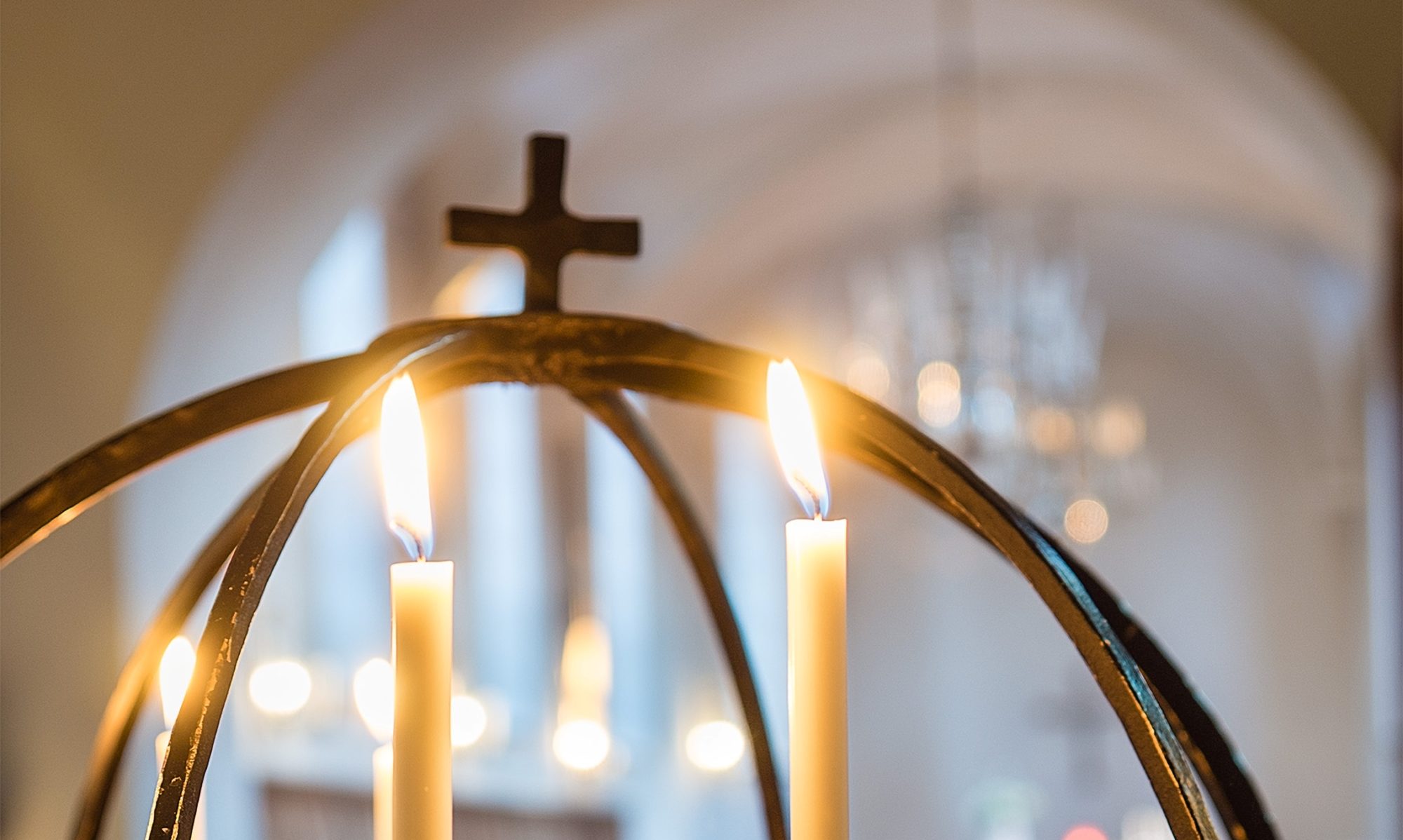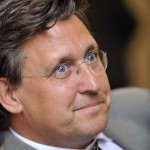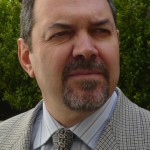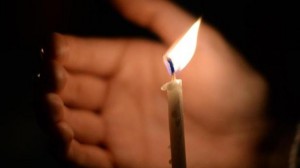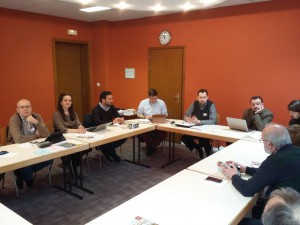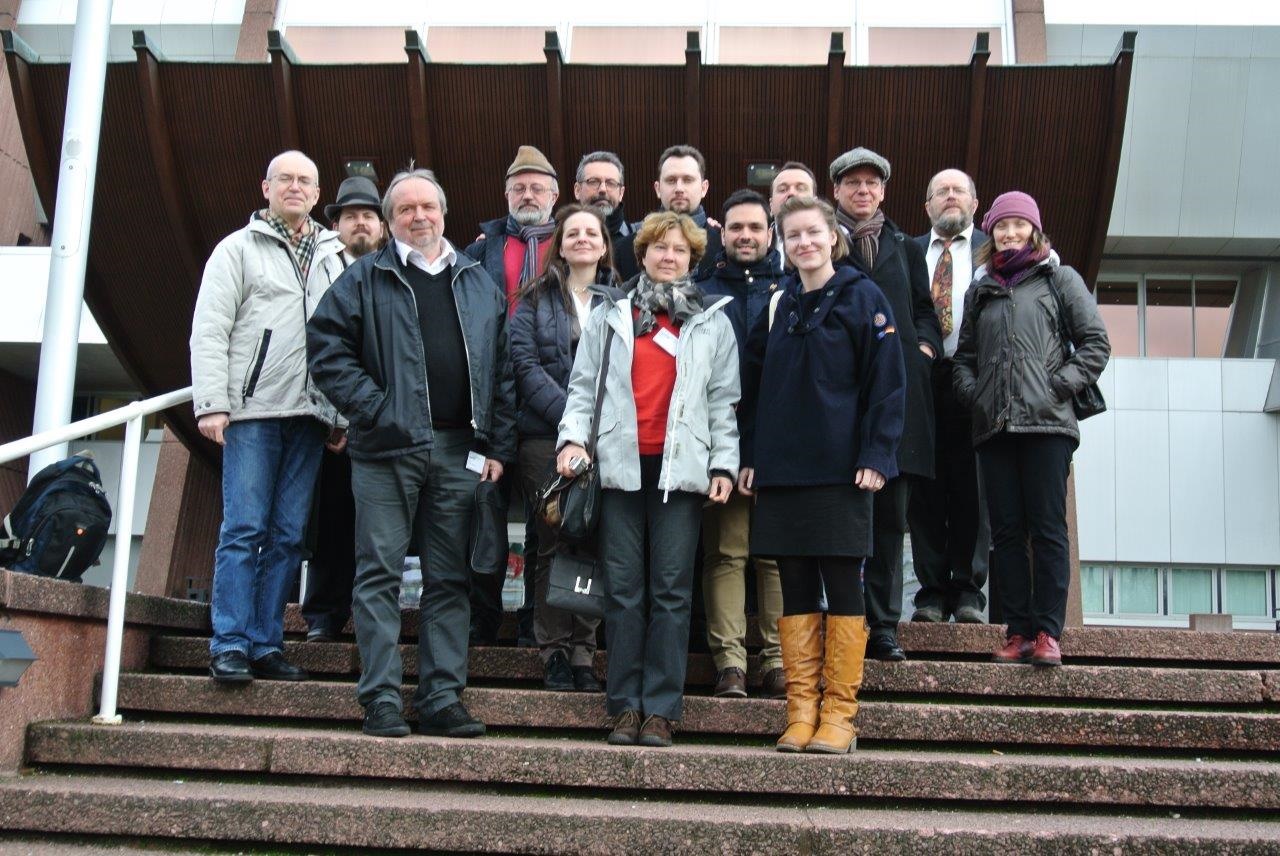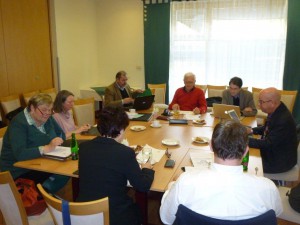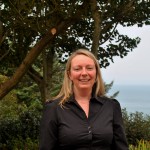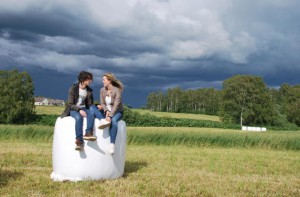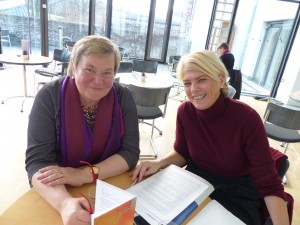 On behalf of Oikosnet Europe we give our warmest congratulations to Kristin Gunleiksrud Raaum from the Norwegian Church Academy who recently was elected as Chair of the Church of Norway. Many of us have met Kristin at the annual conferences of Oikosnet Europe and she was also elected as member of the board in 2015.
On behalf of Oikosnet Europe we give our warmest congratulations to Kristin Gunleiksrud Raaum from the Norwegian Church Academy who recently was elected as Chair of the Church of Norway. Many of us have met Kristin at the annual conferences of Oikosnet Europe and she was also elected as member of the board in 2015.
In December Kristin visited the Evangelische Akademie Bad Boll at the annual conference for Lesbian Women in Church and Society. Her speech was very well received by around 100 participants coming from all over Germany. We wish Kristin the very best in her new challenge as Chair of the Church of Norway and we are grateful that we have her permission to publish her speach from the conference.
Photo: Marielisa von Thadden, Evangelische Akademie Bad Boll and Kristin Gunleiksrud Raaum the Norwegian Church Academy.
Key note speach by Kristin Gunleiksrud Raaum at the annual conference for Lesbian Women in Church and Society
“I am delighted to be here, and to be invited to tell you about an amazing process I have been part of the last year and a half. We are now changing the church of Norway, within a little bit more than a year it will be possible for same sex couples to be married in the church. But this is not really about an organization. It is not really about the church. It is really about human dignity and equality, and the members of the church being given an opportunity to speak their mind.
First a few facts:
In Norway, we used to have a State church until 2012. 75 % of the population are members, but the numbers are slowly decreasing. Our Constitution now uses the term «Peoples church» about the Church of Norway. We now discuss how we can prevent a similar increase in child christening and church wedding, as is the picture in many other north European countries.
In 1992 there was an act of Domestic partnership. The majority of church leaders were against this.
January 1st 2009 there was a new legislation of marriage in Norway. The Marriage Act states that two people of the same or different sex can get married. But not in the church. There is a section in the Marriage Act that prevents a priest from performing a marriage between two of same sex.
As in most churches, LGBTs have been the topic of debate also in the Church of Norway. Could they be employed as priest? Could they “be allowed” to marry? I have to say that I really do not recognize that we as a church should be discussing this for years and years. I understand that we have to, but I long for the day when this is no longer a topic: it is and should be self-evident that we are equal, also when it comes to the ability to love.
There are some who claim that homosexuality is a sin. And they are letting their voices be heard. In newspapers and social media they are active. They are of course few in numbers, but they organize well, and have been able to win disproportionally many seats in the church parliament, the synod.
We on the more liberal part of the church, traditionally lack the ability to organize or unify. We find it much more interesting to discuss or even fight one another. So, when it comes to seizing power in the church, we have been an east match!
In the Church of Norway we have been constantly discussing so called “gay issues” since 1995. And I mean constantly. It has been THE issue in 20 years, dividing the church, and creating a demarcation line in many other questions. But more importantly: in these 20 years those of us with LGBT-identity have been exposed to discrimination, being refused jobs in the church, and having their lives and love discussed in the open over and over again. The great paradox of it all – and this is impossible to understand – is that the church, THE CHURCH, has contributed to making people lie about who they are, hide who they are. The church, in this world to proclaim the truth about God and love. The church has made people bow their head in shame and hide their life. If the word sin ever was a
relevant one, it is in this sense: it is a sin to contribute to people hiding their face before God. It is a sin to make people feel ashamed of whom they love. And one day the church will apologize for it.
Well, in 2010 the Bishops Council appointed a group with the task to – once again – study the theological basis of love and marriage. It took three years, and ended in a divided bishops council. 8 were pro same sex marriage, and four were against. Then it was up to the synod to decide.
We were a small group. Four women. All member of the synod. One lesbian. Three straight allies. Three of them priests. And me, the deputy leader of the Church of Norway. We did our math. We knew where all 116 delegates stood in the issue. We wrote articles. We spend hundreds of hours on the phone. Investigating, mapping, persuading, arguing, fighting.
When the synod in 2014 approached, we knew that it would be a close race. And it certainly was. The debate was tough. I will try to forget some of the expressions used of LGBT’s. The night before the votes were to be given, we discovered – four o’clock in the morning – that we would not make it. We were a few votes short. But the upside of it was that the conservative side did not have a majority either. So it was not over.
We drove home. Four of us in my car. Crying. Swearing. Sleeping. My husband welcomed us with dinner and wine. We went on swearing and crying. The next morning I woke up to hundreds of messages in social media: «This is it! I’m leaving the church of Norway.»
I spend most of the day answering, and by the night it was obvious: We had to do something about it. Two months later a new organization was founded: Open People’s church. We were only a handful. But we knew that we had a year. September 14th 2015 was oar goal: a church referendum. The new synod, consisting of 11 diocesan council (116 members in all) should be elected. Only 10-13 % of the church members voted. We organized every diocese, and, for the first time in history
established lists, similar to party lists. We achieved lists in 9 out 11 dioceses.
We were in it together. Queer and straight. LGBT and heterosexuals. Not always easy. I find it sometimes hard, being straight and credible at the same time. It was sometimes hard, knowing that everything I said could be mistrusted because I happened to be straight. But through this frustration, I think I learned a lesson. I learned a little of what it is like to be mistrusted because you are who you are, ore more precise: because of whom you love. What it is like having to fight for a job or the right to love in dignity. I had never before have had to fight for respect because of who I was. I have met prejudice and harsh remarks because of my high heels and blond hair and passion for champagne. But that is nothing in comparisn, and I know it. I now had to try to understand when my heteronormativity made me blind or nearsighted. It was a valuable lesson.
We campaigned on. We had no money. Everything had to be done on a voluntarily basis. It was really an impossible project. To establish a nationwide organization within a year, and then have a campaign all over the country to win the referendum. We had groups on Facebook. Open groups, secret groups. There is I a lot of bad things to be said on Facebook, But without it we would never have won. We had secret strategy discussions, providing those new in our organization with support and arguments for local debates. We grew. Some of us worked in publicity, they made a visual program. Part of it you can see behind me. One contacted famous artists who supported us. They made a record: working for an open church. And a wonderful concert. Many of the best artists in Norway together on stage. It was magic. Then we went begging for money from a few of the richest people in Norway. One of them said yes. And gave us 200 000 euros. This is a very private man, who
seldom gives interviews. But now he gave three interviews on the news, telling the whole of Norway that he supported us because he was a Christian (no one knew in advance) and he felt obliged from the gospel of Jesus. Two month later he came out of the closet as bisexual, and what was really interesting is that this strengthened his credibility. Being LGBT made him popular. The fact that he supported us made him popular.
We toured the country with the campaign.
What I want to accentuate from the campaign is this: Travelling around and meeting people, it became clearer and clearer how important this was to many ordinary church member, LGBT or straight. There was a lot of people in many ways saying: FINALLY! The fact that you decided to run an Open Peoples Church list, made me breathe more freely.
This was markedly and most clear in the part of the country that traditionally was dominated by the conservative forces in the church, in the south and the west of Norway. In these regions people said: “Now I can state my mind more freely. I do not need to hide who I am anymore!” This was of course a strong message from LGBTs, but also from straight people. It was as we all grasped that a church that does not recognize some people, does not recognize anyone. A church that condemns love and marriage for some, does not does not really recognize love. A lot of people expressed what I would call lack of oxygen in their relation to the church.
What was on stake was partly the credibility of the church, but most importantly: It had to do with the image of God and the dignity of man. The shared dignity. If the church cannot be the place that this is self-evident, where can it? one said to me.
Because we have changed as people, as a society, as Christians. We want a church that enhances and promotes that we should support our children in finding their identity, living openly and honestly, rather than sorting them in rigid and limiting Categories. We do not want a church that make life difficult for people.
I think our campaign proved that there among the people is a stubborn faith that has survived the shallow preaching of human love.
And how did it all go? We won. Almost 65 percent of the votes. We won in ALL the dioceses. Even the most conservative. We now have the majority in the synod. And by January 2017 it will be possible for same sex couples to marry in the church. We have started developing a new liturgy. I am so proud to have been given the privilege to be a part of this. To change the church. To change the conditions for life and love. And faith.
There is opposition of course. The battle is not over, of course it is not. We are still fighting and arguing. But the majority has changed. The church has changed. Because the church members said: we cannot have a church who divides people, who discriminates people. We want a church that promotes the gospel, and therefore human dignity. We won because the members of the church of Norway gave a strong message of equality and dignity for all.”
.
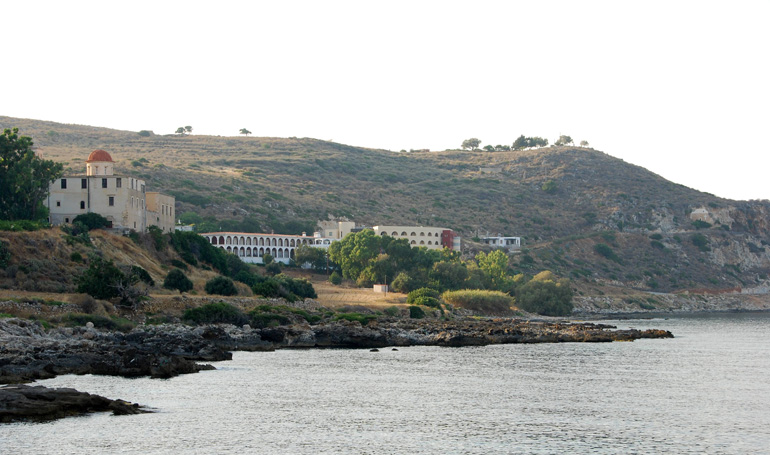 The Arab-European Citizens’ Dialogue continues. The 5th Consultation, under the title “Societies in Transition: Active Citizenship – Where can it make a difference?” took place in the Orthodox Academy of Crete, Wednesday to Saturday 9- 12 March 2016. The conference was organized jointly by the Coptic Evangelical Organization for Social Services (CEOSS), Oikosnet Europe, the Sigtuna Foundation and the Orthodox Academy of Crete. Close to forty participants took part in this event.
The Arab-European Citizens’ Dialogue continues. The 5th Consultation, under the title “Societies in Transition: Active Citizenship – Where can it make a difference?” took place in the Orthodox Academy of Crete, Wednesday to Saturday 9- 12 March 2016. The conference was organized jointly by the Coptic Evangelical Organization for Social Services (CEOSS), Oikosnet Europe, the Sigtuna Foundation and the Orthodox Academy of Crete. Close to forty participants took part in this event.